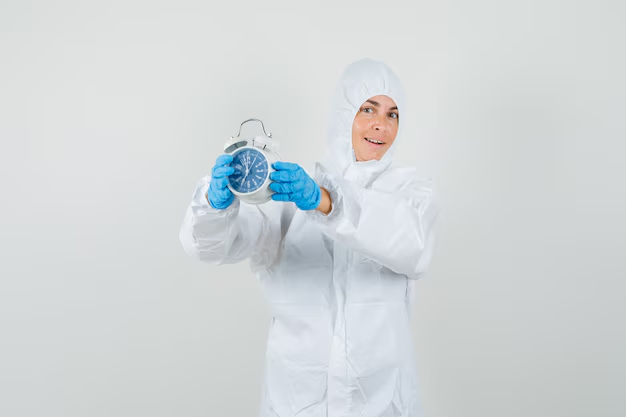How Long Does It Take to Become a Lab Technician?
Embarking on the path to become a lab technician is a rewarding endeavor marked by hands-on experience with cutting-edge technology and vital scientific processes. Generally, the journey begins with completing a relevant educational program. An aspiring lab technician typically needs to earn an Associate's Degree in Clinical Laboratory Science, which takes about two years. While a degree can serve as a foundational stepping stone, many also pursue certifications and licenses to enhance their expertise and career prospects. Professional organizations, such as the American Society for Clinical Pathology (ASCP), offer certifications that validate an individual's skills and knowledge, underscoring their commitment to excellence.
In certain states, lab technicians may need to obtain a license to practice, which involves passing a comprehensive exam. It's worth noting that engaging in continuing education is highly recommended, as it keeps professionals abreast with the ever-evolving landscape of laboratory science. Aspiring technicians might consider exploring programs that offer internships or practical laboratory experience, as these not only enrich one's learning but also improve job prospects upon graduation. By pursuing the right educational pathways and certifications, one could be well-prepared to excel in this dynamic and essential field.
Degrees, Certifications, and Licenses for Becoming a Lab Technician:
- 🎓 Associate's Degree in Clinical Laboratory Science (2 years)
- 🏅 Bachelor's Degree (Optional but Beneficial)
- 📜 Certification from American Society for Clinical Pathology (ASCP)
- 🛡️ State License (Varies by State)
- 🔄 Continuing Education Courses
